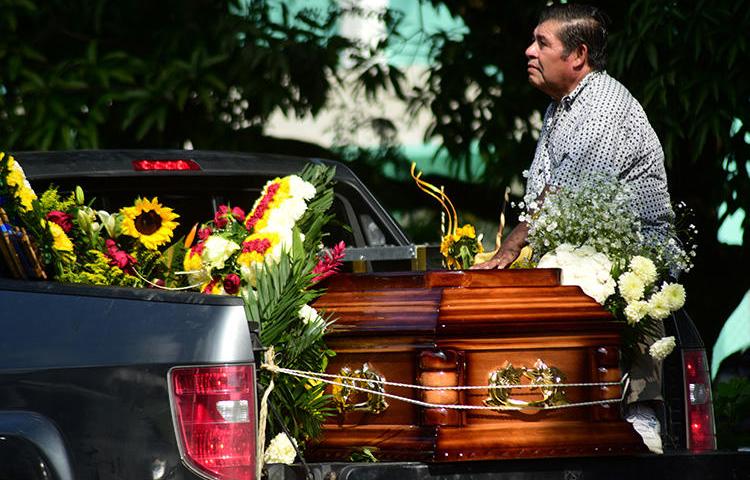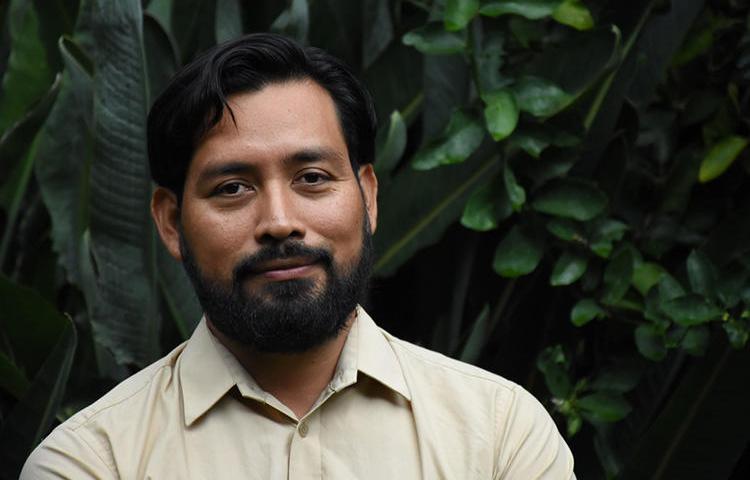
Trust deficit: ‘The goal was to silence me’
Prensa Comunitaria knows first-hand the risks of covering environmental issues and powerful economic interests. In August 2017, authorities in the eastern Izabal department issued arrest warrants for seven individuals, including two of the news website’s indigenous journalists: Carlos Choc and Jerson Xitumul Morales.
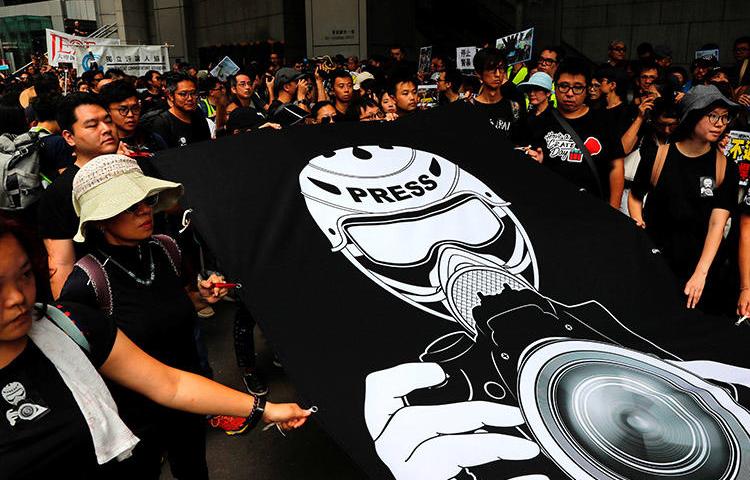
One Country, One Censor: How China undermines media freedom in Hong Kong and Taiwan
Understanding how China tries to influence the media is a first step to preserve press freedom. Hong Kong and Taiwan are on the frontlines of this battle. In deeply polarized Hong Kong, journalists are under pressure as independent outlets struggle to counteract strong pro-Beijing influence. And Taiwan must navigate how to maintain its openness and…

One Country, One Censor: About This Report
Understanding how China tries to influence the media is a first step to preserve press freedom. Hong Kong and Taiwan are on the frontlines of this battle. In deeply polarized Hong Kong, journalists are under pressure as independent outlets struggle to counteract strong pro-Beijing influence. And Taiwan must navigate how to maintain its openness and…
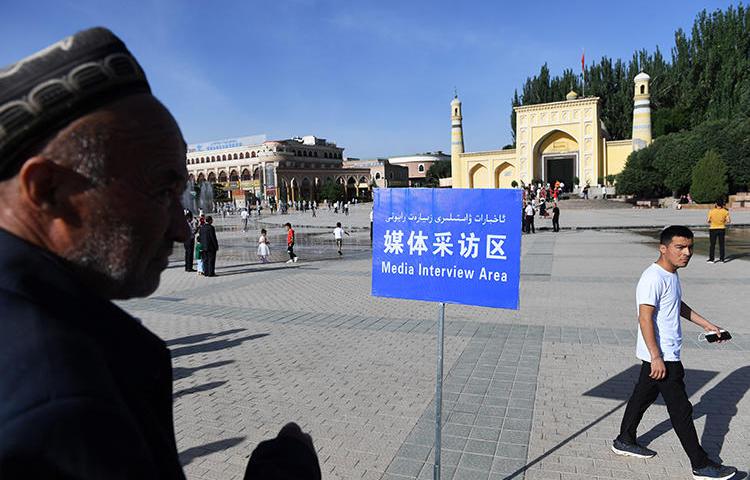
China, Turkey, Saudi Arabia, Egypt are world’s worst jailers of journalists
For the fourth consecutive year, at least 250 journalists are imprisoned globally as authoritarians like Xi Jinping, Recep Tayyip Erdoğan, Mohammed bin Salman, and Abdel Fattah el-Sisi show no signs of letting up on the critical media. A CPJ special report by Elana Beiser
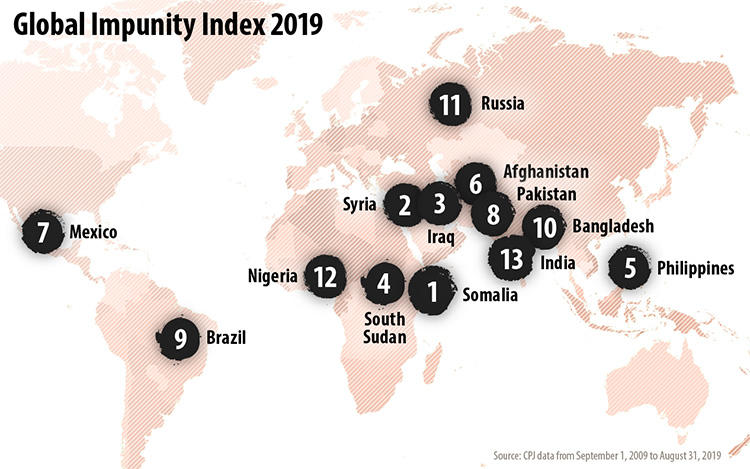
Getting Away with Murder
CPJ’s 2019 Global Impunity Index spotlights countries where journalists are slain and their killers go free Published October 29, 2019 Somalia is the world’s worst country for the fifth year in a row when it comes to prosecuting murderers of journalists, CPJ’s 2019 Global Impunity Index found. War and political instability have fostered a deadly…
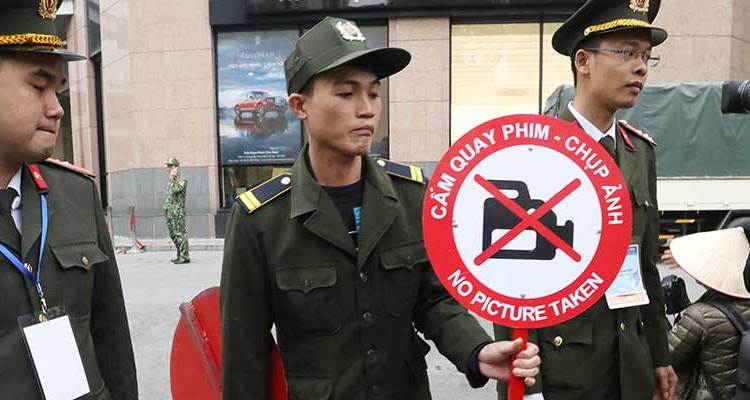
10 Most Censored Countries
Repressive governments use sophisticated digital censorship and surveillance alongside more traditional methods to silence independent media. A special report by the Committee to Protect Journalists. Published September 10, 2019 Eritrea is the world’s most censored country, according to a list compiled by the Committee to Protect Journalists. The list is based on CPJ’s research into the…
Video: 10 Most Censored Countries
Video: 10 Most Censored Countries Eritrea North Korea Turkmenistan Saudi Arabia China Vietnam Iran Equatorial Guinea Belarus Cuba Methodology Infographic Press Release Also available: Español 中文 Русский العربية Français فارسی Português Eritrea is the world’s most censored country, according to a list compiled by the Committee to Protect Journalists. Rounding out the top 10 are…
Infographic: 10 Most Censored Countries
Infographic: 10 Most Censored Countries Eritrea North Korea Turkmenistan Saudi Arabia China Vietnam Iran Equatorial Guinea Belarus Cuba Methodology Video Press Release Also available: Español 中文 Русский العربية Français فارسی Português Eritrea is the world’s most censored country, according to a list compiled by the Committee to Protect Journalists. Rounding out the top 10 are…
